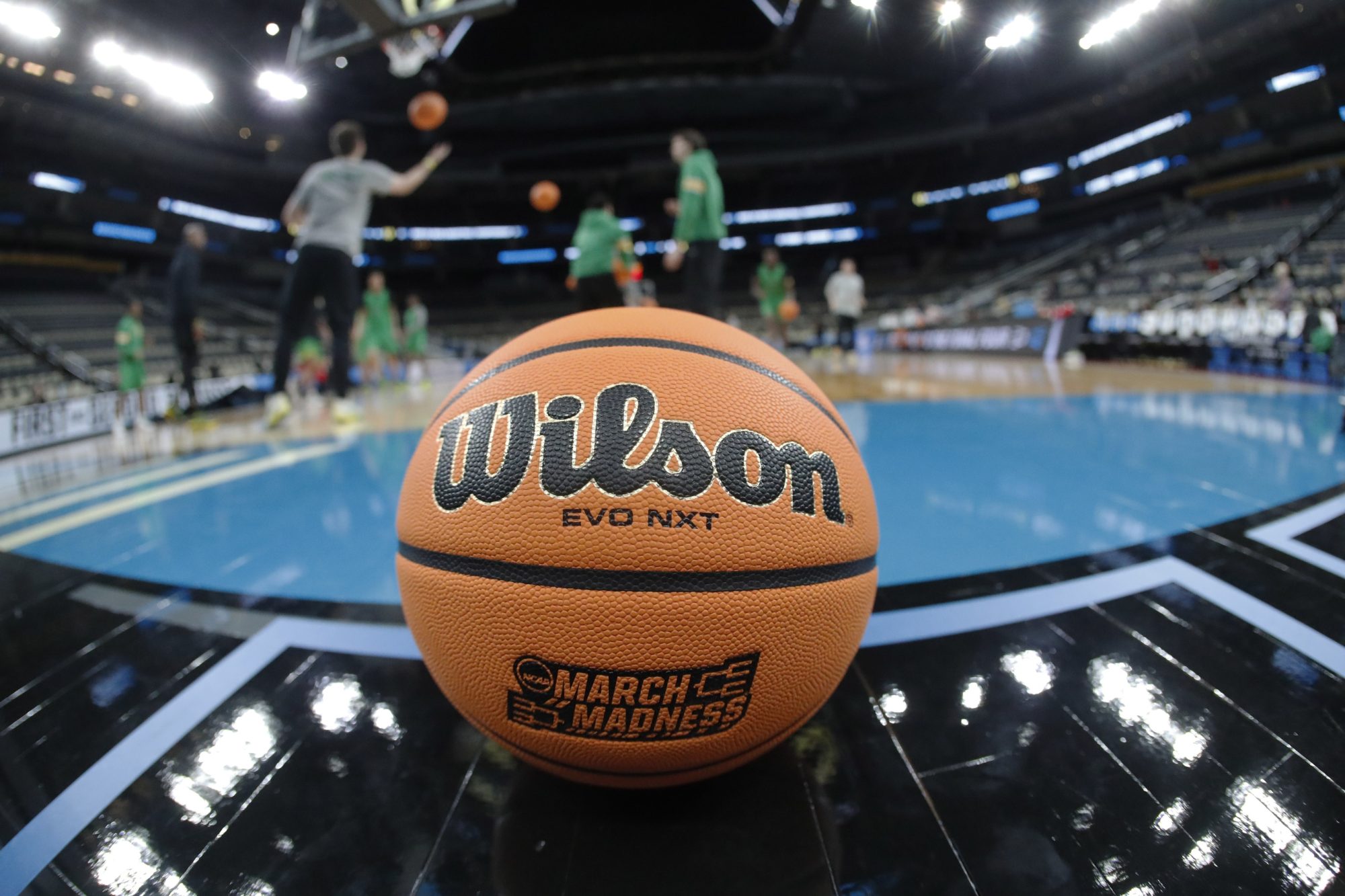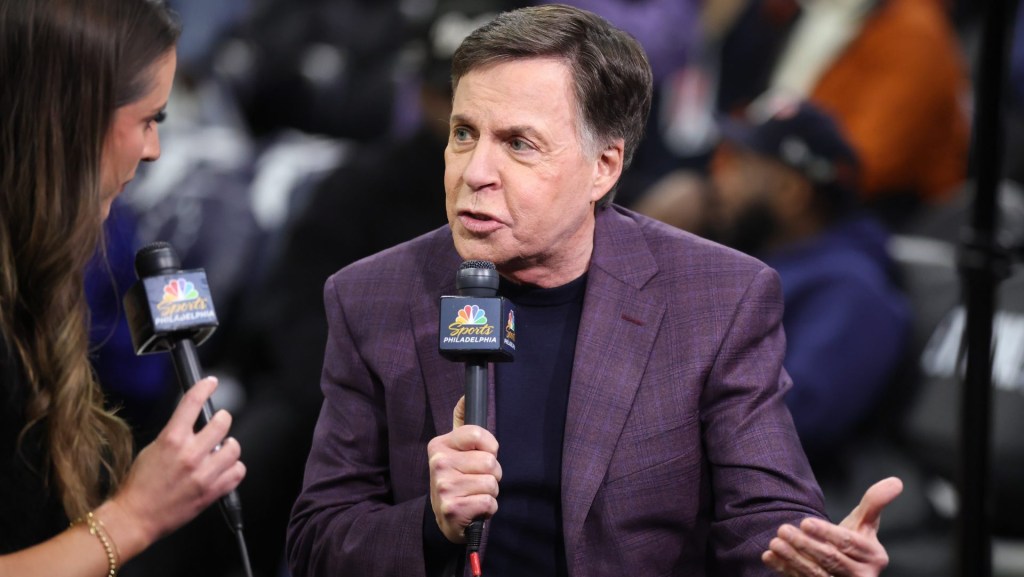By Thursday afternoon, when the full slate of first-round March Madness games begin, the long-running and much-beloved tournament on the surface will look much like it always has.
But barely below that surface, a still-accumulating set of changes completely transforming college sports now are threatening to upend much of March Madness as we know it.
Among the major shifts now altering all of college sports, many of them emerging or accelerating just within the last month:
- Dartmouth men’s basketball team moving to unionize, with the school refusing to bargain
- Congress increasingly focusing on the employment status of college athletes
- Clemson filing a lawsuit against the ACC, following Florida State’s lead, in a move that could spur more conference realignment
- A federal judge granting an injunction barring the NCAA from enforcing name, image, and likeness regulations
- The transfer portal rendering a new level of chaos on team development with hundreds of players immediately flooding the system
- The NIT extending its own seemingly inexorable decline amid a series of spurned invitations, adding to unrest over the makeup of the 68-team March Madness field
- SEC commissioner Greg Sankey openly musing that automatic-qualifier spots could ultimately leave March Madness in the wake of Power 5 conference expansion
So while plenty of people love March Madness, future iterations of the tournament will undoubtedly interact even more with existential questions of how team rosters will be built, how they will be compensated, how those college athletes will be classified legally, and which schools will be in which conferences. Adding to the complexity of the situation is that many of the large-scale changes in college sports are driven by football, with every other sport holding far less influence.
“So it’s a tough time in college basketball right now. And for us, you can’t really build programs and a culture because everybody leaves,” said St. John’s coach Rick Pitino last month. “It’s tough to build a program. You’ve got to really innovate, get creative, and understand these rules—or lack of rules.”
‘Revenue Records’
One piece of solid ground still in place regarding March Madness, however, is the tournament’s media profile. The event remains in the midst of a long-running TV rights deal with CBS and Warner Bros. Discovery, with an eight-year, $8.8 billion extension kicking in next year and running to 2032. And while last year’s title game set a new low for viewership, this year’s tournament is virtually sold out of ad inventory with both volume and pricing rising somewhat from last year.
“This will be the best revenue tournament we’ve ever had,” said Jon Diament, WBD executive vice president of advertising sales. “We’re setting revenue records.”







![[Subscription Customers Only] Jun 15, 2025; Seattle, Washington, USA; Botafogo owner John Textor inside the stadium before the match during a group stage match of the 2025 FIFA Club World Cup at Lumen Field.](https://frontofficesports.com/wp-content/uploads/2026/02/USATSI_26465842_168416386_lowres-scaled.jpg?quality=100&w=1024)
![[Subscription Customers Only] Jul 13, 2025; East Rutherford, New Jersey, USA; Chelsea FC midfielder Cole Palmer (10) celebrates winning the final of the 2025 FIFA Club World Cup at MetLife Stadium](https://frontofficesports.com/wp-content/uploads/2026/02/USATSI_26636703-scaled-e1770932227605.jpg?quality=100&w=1024)








